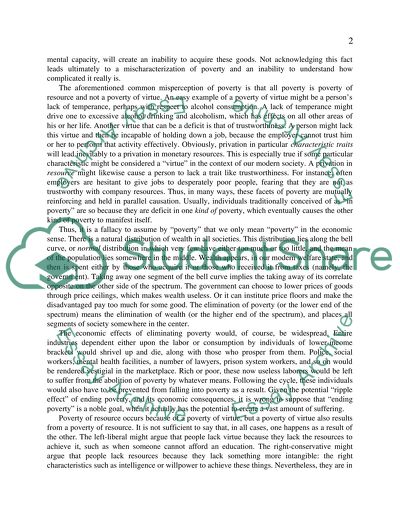Cite this document
(“The Elimination of Poverty Research Paper Example | Topics and Well Written Essays - 1500 words”, n.d.)
Retrieved from https://studentshare.org/miscellaneous/1552590-the-elimination-of-poverty
Retrieved from https://studentshare.org/miscellaneous/1552590-the-elimination-of-poverty
(The Elimination of Poverty Research Paper Example | Topics and Well Written Essays - 1500 Words)
https://studentshare.org/miscellaneous/1552590-the-elimination-of-poverty.
https://studentshare.org/miscellaneous/1552590-the-elimination-of-poverty.
“The Elimination of Poverty Research Paper Example | Topics and Well Written Essays - 1500 Words”, n.d. https://studentshare.org/miscellaneous/1552590-the-elimination-of-poverty.


